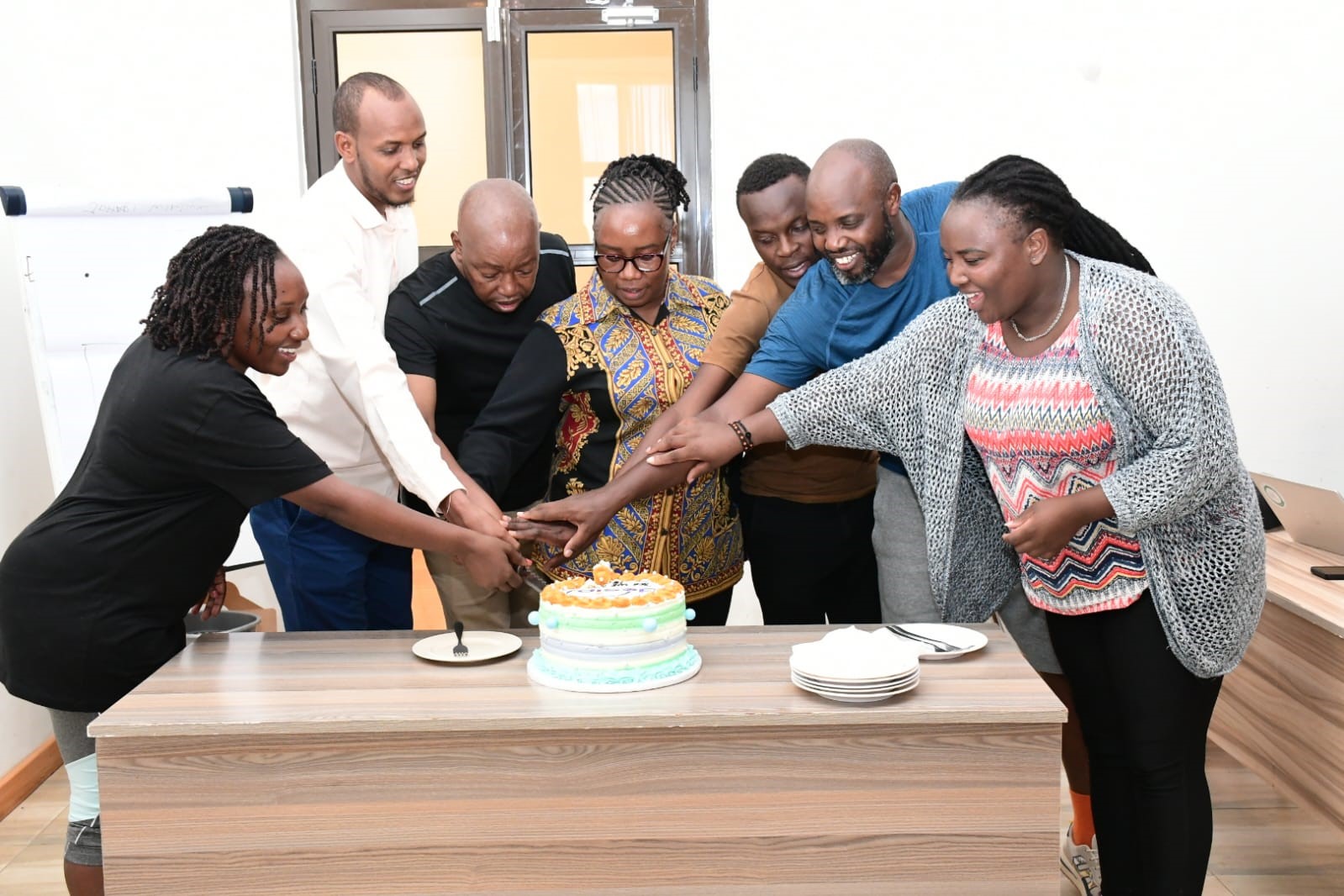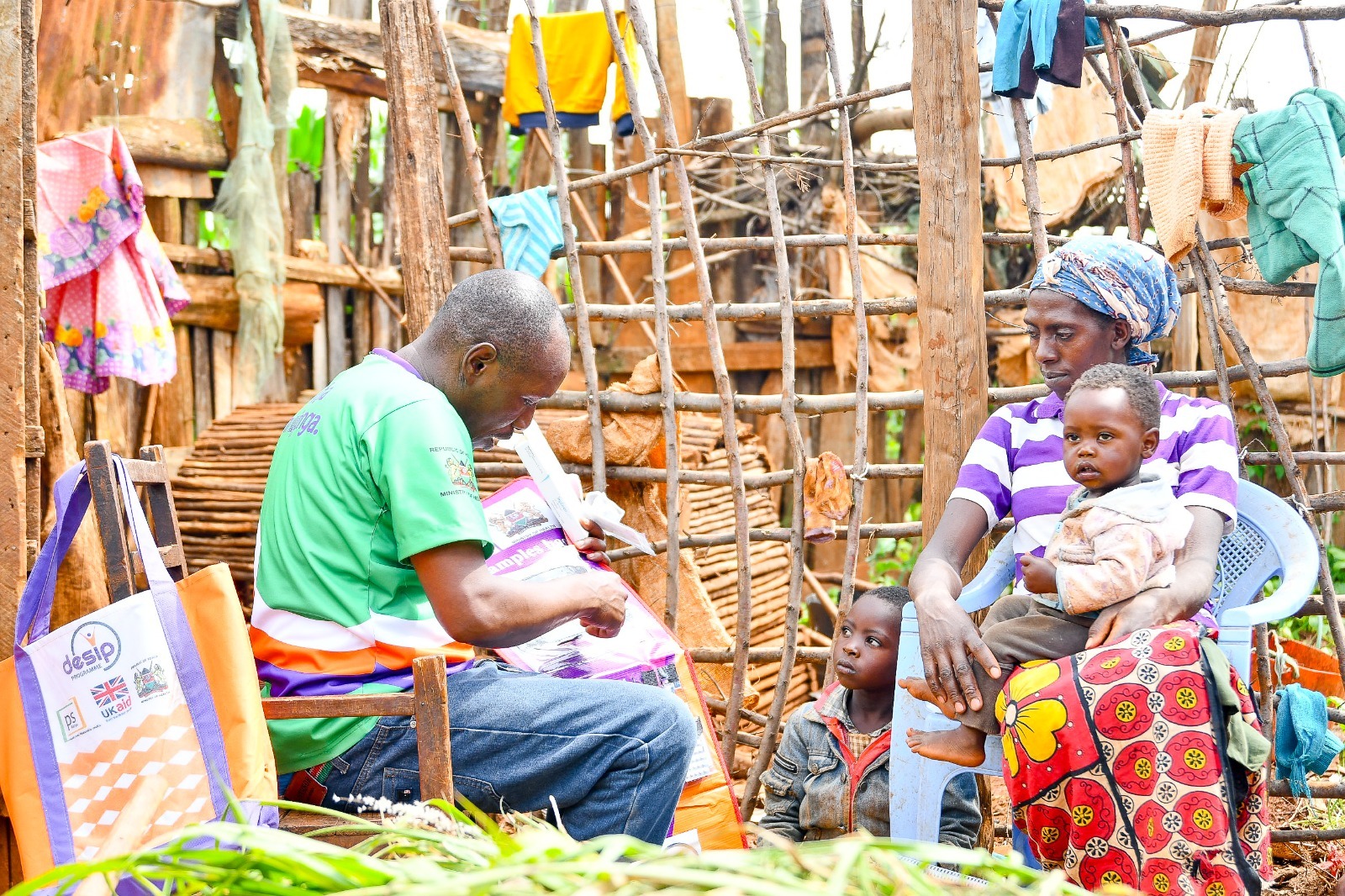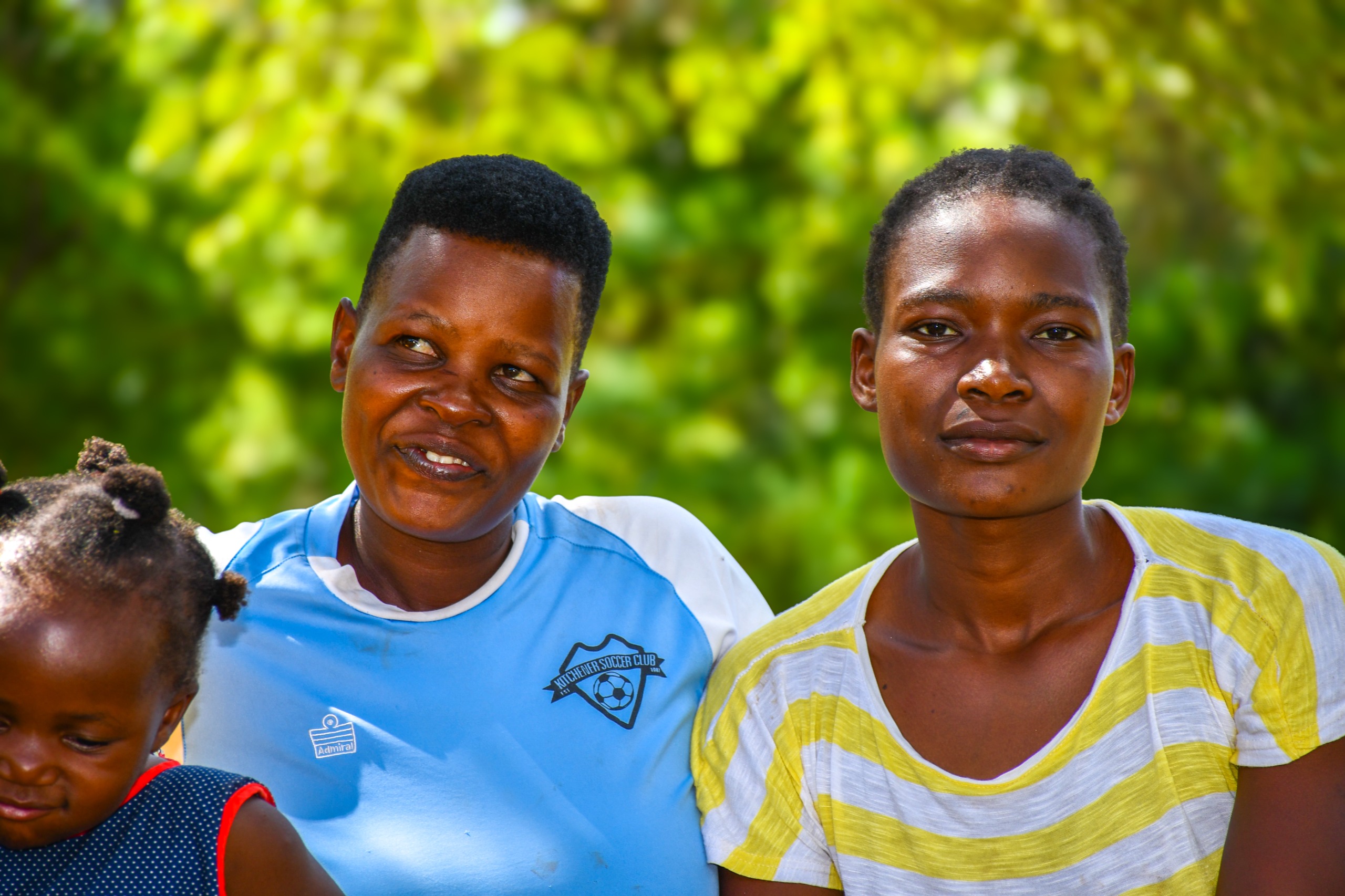Population Services Kenya (PS Kenya), in collaboration with the Njoro and Rongai Sub-County Health Promotion Teams (SCHMT), embarked on a week-long COVID-19 mobile vaccination drive in Nakuru County from 17th to 21st of July 2023. The teams braved the relentless sun and dry heat, traversing the mostly arid landscape as part of the ongoing Chanjwa campaign funded by the Rockefeller Foundation in a bid to increase vaccine uptake in the two sub-counties.
The initiative targeted the hard-to-reach areas of Solai, Mauche, Kapkembu, and Tuiyotich, where we were able to vaccinate 131 people. These regions are home to a diverse population, each with their own cultural and social beliefs, that is normally left behind due to a myriad of challenges, such as difficult terrain and a lack of healthcare facilities. It was therefore understandable that the vaccination team was met with a bit of hesitancy at first. By taking these services directly to the people, the SCHMT was able to listen to their concerns and dispel any myths and misconceptions surrounding the vaccines by creating a non-judgmental environment for open dialogue.
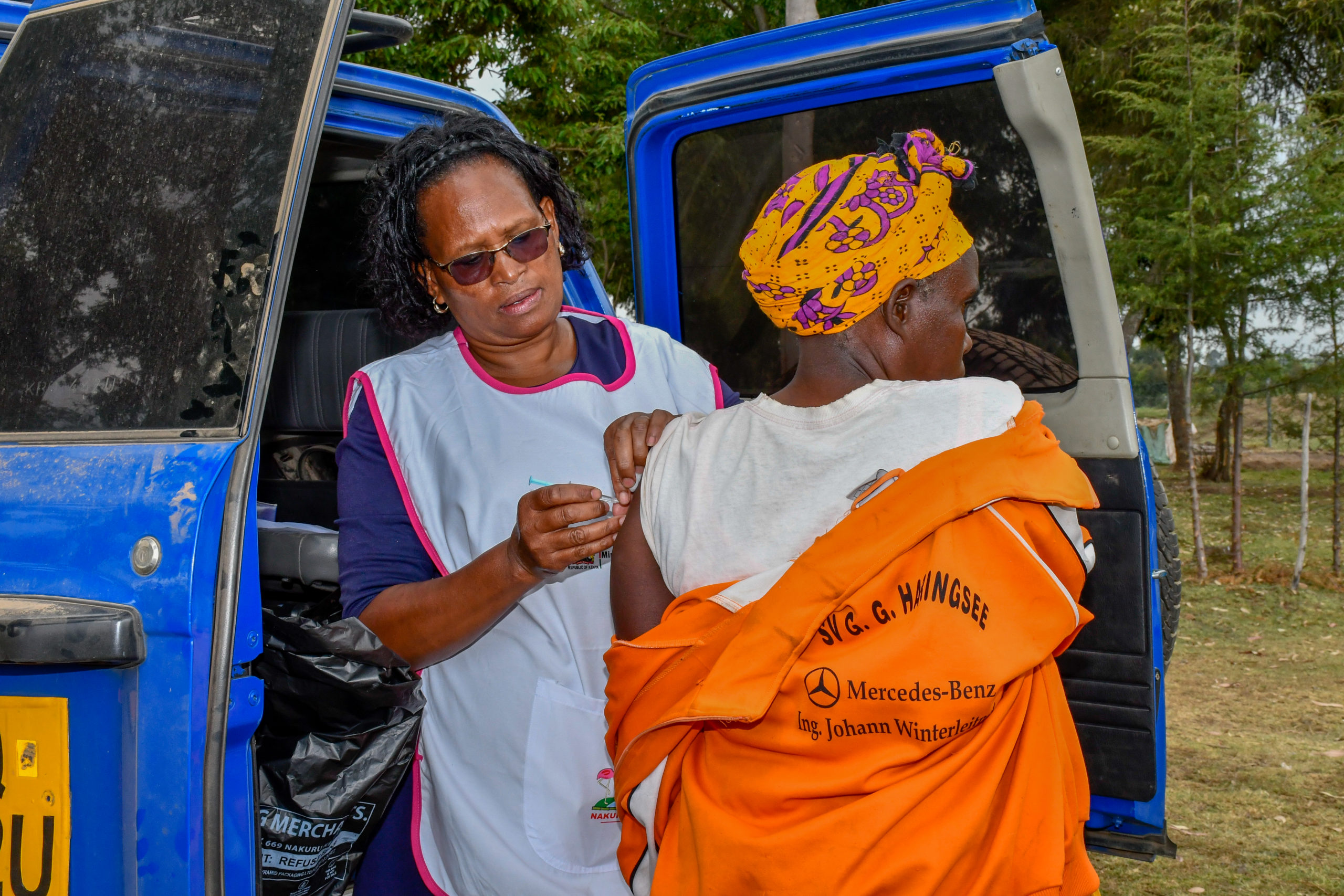
The SCHMT would disembark at various locations, targeting chief barazas, market places, schools, and places of work, with the main aim being to sensitise the public on the importance of getting vaccinated to safeguard not only themselves but the community as a whole. The team relied on the support of community leaders, such as Chiefs, to publicly advocate for the vaccination campaign in order to create a sense of credibility around it and assure the community of its safety. One by one, from the youth to the elderly, ranging between the sixties and the nineties, the community flocked to the PS Kenya vehicle in search of the first, second, or booster dose.
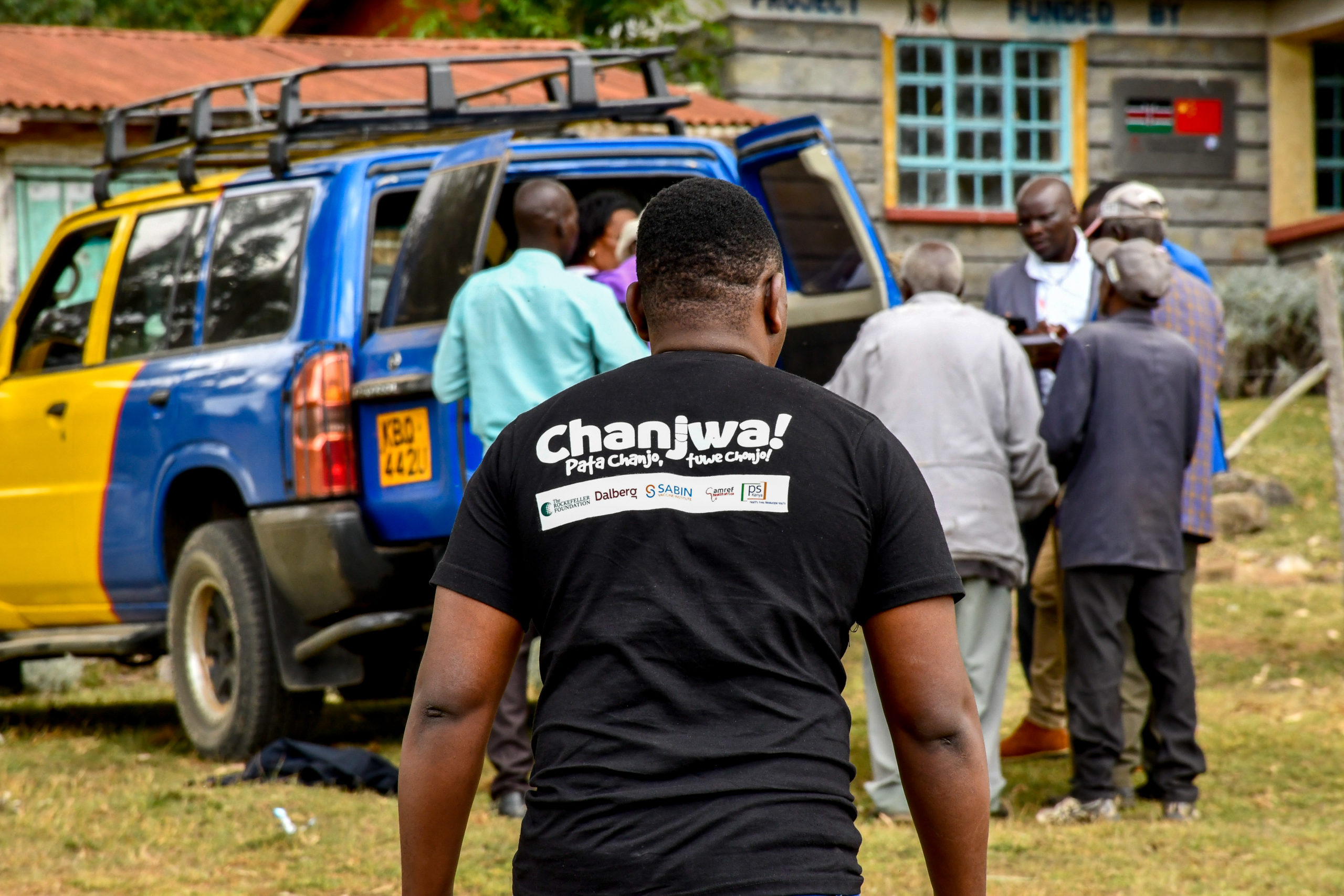
Mobile vaccination has also proven to be a game-changing solution for reaching and engaging male populations. As is common knowledge, men do not have the best health-seeking behavior. By bringing the vaccines directly to their workplaces, social gatherings, and public spaces, the SCHMT was able to break down that barrier and offer convenience and accessibility.
The personal and one-on-one approach of mobile vaccination allows for tailored communication, considering the unique beliefs and fears of everyone. By fostering trust, empathy, and understanding, mobile vaccination plays a crucial role in sensitising vaccine-hesitant people and empowering them to make informed decisions about their health, ultimately contributing to higher vaccination rates and building stronger immunity in the entire community.

